publications:
Schäfer, Lea (2023): Syntax and Morphology of Yiddish Dialects: Findings from the Language and Culture Archive of Ashkenazic Jewry. (Deutsche Dialektgeographie). Hildesheim: Olms [link]
Schäfer, Lea (2022): Transliterations and mappings of LCAAJ field notes. (Columbia Academic Commons) doi: 10.7916/d8-nc5d-ep60 [link to the web maps].
Schäfer, Lea (2023): »Yiddish«. In: The Oxford Encyclopedia of Linguistics. [link]
Schäfer, Lea (2022): »A Language is its Dialects. The Geolinguistics of Eastern Yiddish«.In: Zukunft der Sprache – Zukunft der Nation?: Verhandlungen des Jiddischen und Jüdischen im Kontext der Czernowitzer Sprachkonferenz, Hg.: Carmen Reichert, Bettina Bannasch und Alfred Wildfeuer, Berlin: De Gruyter Oldenbourg, 37-68.
Schäfer, Lea & Aptroot, Marion (Eds.) (2022): Special Issue »Yiddish Language Structures« Journal of Germanic Linguistics (34.2).
Schäfer, Lea (2022): »Auxiliary Selection in Yiddish Dialects«. In: Journal of Germanic Linguistics 34(4), 341-384. doi: 10.1017/S1470542722000010. [link] [Manuskript with proper maps]
Schäfer, Lea (2022): Wie bairisch ist Jiddisch? Morphosyntaktische Evidenz für ein Jiddisch-Oberdeutsches Dialektkontinuum. In. Vergeiner, Philip C., Stephan Elspaß & Dominik Wallner (Hg.). Struktur von Variation zwischen Individuum und Gesellschaft. Akten der 14. Bayerisch-Österreichischen Dialektologietagung, Salzburg, 7.–9.11.2019 (ZDL-Beihefte). Stuttgart: Steiner, 363–385.
Schäfer, Lea (2023): »Open Data in der jiddischen Dialektologie«. In: Sprachspuren: Berichte aus dem Deutschen Sprachatlas 3(2). https://doi.org/10.57712/2023–02.
Schäfer, Lea (2021): Onymische Flexion: Strukturen und Entwicklungen kontinentalwestgermanischer Dialekte. Tübingen: Narr (Tübinger Beiträge zur Linguistik). [Link print] [Link OA]
Schäfer, Lea (2021): »Ist eine strukturalistische Dialektologie noch zeitgemäß?« In: Syntax aus Saarbrücker Sicht Bd. 4 (ZDL-Beihefte), 199–215. [PDF]
Schäfer, Lea (2020): »Die Erschließung des Language and Culture Atlas of Ashkenazic Jewry für die Dialektsyntax«. In: Christen, Helen / Ganswindt, Brigitte / Herrgen, Joachim / Schmidt, Jürgen Erich (Hg.): Regiolekt – Der neue Dialekt? Akten des 6. Kongresses der Internationalen Gesellschaft für Dialektologie des Deutschen (IGDD). (ZDL-Beihefte 182). Stuttgart: Steiner, 269–288. [PDF]
Schäfer, Lea (2020): »Modus und Tempus im Jiddischen: Analysen zum Konjunktiv in den jiddischen Dialekten«. In: Zeitschrift für Dialektologie und Linguistik 87.3, 328–374. [PDF]
Schäfer, Lea (2019): »Between fiction and reality: The Vienna Jewish cabaret as a mirror of Vienna Jewish speech«. In: Journal of Jewish Languages (7.2), 1–18.
Schäfer, Lea (2019): »Möglichkeiten und Grenzen der Fragebogenmaterialien des 'Language and Culture Archive of Ashkenazic Jewry' am Beispiel der Wortstellung von Verbpartikeln« In: Colloquia Germanica Stetinensia (28), 5–31. [PDF]
Schäfer, Lea (forthcoming): »West- und Ostjiddisch im Kontext der deutschen Dialekte.« (Sammelband zur Tagung Jüdische Sprachen in Deutschland – Wie deutsch ist Jiddisch?, Tikvah-Institut/Konrad Adenauer Stiftung 24.–25.10.2021 Berlin)
poster presentations:
Auxiliary Selection in Yiddish Dialects. with Marc Brode, Jana Katczynski, Florian Leuwer. YiLaS2 (Heinrich-Heine-Universität Düsseldorf, 11.–13.06.2019) & ICLaVE 10 (Fryske Akademy Leeuwarden, 26.–28.06.2019) [PDF]
Change in Multilingualism – Language Situations of 20th-century Yiddish Speakers. with Marc Brode. YiLaS2 (Heinrich-Heine-Universität Düsseldorf, 11.–13.06.2019) & ICLaVE 10 (Fryske Akademy Leeuwarden, 26.–28.06.2019) [PDF]
The project »Syntax of Eastern Yiddish Dialects« (SEYD). with Marc Brode, Jana Katczynski, Florian Leuwer. YiLaS2 (Heinrich-Heine-Universität Düsseldorf, 11.–13.06.2019) [PDF]
given talks:
West- und Ostjiddisch im Kontext der deutschen Dialekte, Vortrag auf Einladung zur Tagung "Jüdische Sprachen in Deutschland – Wie deutsch ist Jiddisch?", Tikvah-Institut/Kontad Adenauer Stiftung 24.–25.10.2021 Berlin.
Jüdische Sprachen in Deutschland, Vortrag auf Einladung zur Festaktveranstaltung "1700 Jahre jüdisches Leben in Deutschland" Bürgeruniversität Düsseldorf 13.10.2021.
Yiddish dialects in the Norman E. Alexander Collection, (online) Vortrag auf Einladung zur Veranstaltung "Places & Spaces, Sights & Sounds in the Norman E. Alexander Collections", Columbia University, New York 12.10.2021.
Dialektometrie des Jiddischen: Geolinguistische Methoden anhand der LCAAJ-Materialien, (online) IVG-Kongress Palermo, 28.07.2021.
Die jiddischen Dialekte zwischen OV und VO: Syntaktische Auswertungen der Materialien des „Language and Culture Archive of Ashkenazic Jewry“, SynSem-Kolloquium Universität Potsdam, 06.07.2021.
Eigennamenflexion in westgermanischen Dialekten: Eine multifaktorielle Analyse, Universität des Saarlandes, 20.–21.11.2020.
Die jiddischen Dialekte als Momentaufnahme onymischer (De-)Flexion, Symposium für Jiddische Studien in Deutschland, Universität Düsseldorf, 14.–16.09.2020.
Zoom-Workshop on LCAAJ Mapping Visualizations, hosted by Columbia University, 06.05.2020 [more]
Wie bairisch ist Jiddisch?, 14. Bayerisch-Österreichischen Dialektologentagung (BÖDT), Universität Salzburg, 07.–09.11.2019.
A language is its dialects. Geolinguistics of Central European Yiddish dialects in the early 20th century. Vortrag im Rahmen der Abschlusstagung des BKM-Projekts Die Nationalsprache der Juden oder eine jüdische Sprache? Die Fragen zur Czernowitzer Sprachkonferenz in ihrem zeitgeschichtlichen und räumlichen Kontext, University of Augsburg, 25.–26.09.2019.
Der Konjunktiv in den jiddischen Dialekten, Symposium für Jiddische Studien in Deutschland, Universität Trier, 16.–18.09.2019.
Morphologische und typologische Aspekte aschkenasischer Eigen- und Familiennamen Bewegte Namen, Deutsche Gesellschaft für Namenforschung e.V., Westfälische Wilhelms-Universität Münster, 11.–13.09.2019.
Yiddish as a Germanic Language, Small languages big ideas, University of Zürich, 04.–05.05.2019 .
Modus und Tempus im Jiddischen, Kolloquium "Sprachvariation und Sprachwandel", WWU Münster, 15.03.2019.
Dialectology at a Distance: The Survey of the Language and Culture Archive of Ashkenazic Jewry. Minor Languages in Europe during the Late 19th and the 20th Century: Strategies of Coping with Marginalization, 31.01.2019 LMU München.
Projektvorstellung im Rahmen des linguistischen Forschungskolloquiums der Germanistik an der Heinrich-Heine-Universität, 11.12.2018.
Ist eine jiddische Dialektsyntax möglich?. Vortrag am 5. Saarbrücker Runden Tisch für Dialektsyntax (SaRDiS), 10.11.2018.
Die Erschließung des »Language and Culture Atlas of Ashkenazic
Jewry« für die Dialektsyntax: Ein Pilotprojekt. (Halbplenarvortrag) 6. Kongress der Internationalen Gesellschaft für Dialektologie des
Deutschen (IGDD), Forschungszentrum Deutscher Sprachatlas, 13.–15.09.2018.
Das Potential der Fragebögen des »Language and Culture Archive of Ashkenazic Jewry« für eine historische Dialektologie des Jiddischen Vortrag am XXI. Symposium für Jiddische Studien in Deutschland Heinreich-Heine-University Düsseldorf, 3.–5.09.2018.
Ist Jiddisch immun gegen den Raum? Syntaktische Auswertungen der Materialien des Language and Culture Archive of Ashkenazic Jewry. Vortrag im Kolloquium der Linguistik-AG Phillips-Universität Marburg, 23.05.2018.
Wortstellungsvariation in den Materialien des Language and Culture Atlas of Ashkenazic Jewry. Das 110-te Jubiläumsjahr der Konferenz von Czernowitz – linguistische und kulturelle Aspekte des Jiddischen. Universität Stettin, 11.–12.04.2018.
YILAS2-conference
11.–13.06.2019 Organization of the conference Yiddish Language Structures 2 in Düsseldorf.
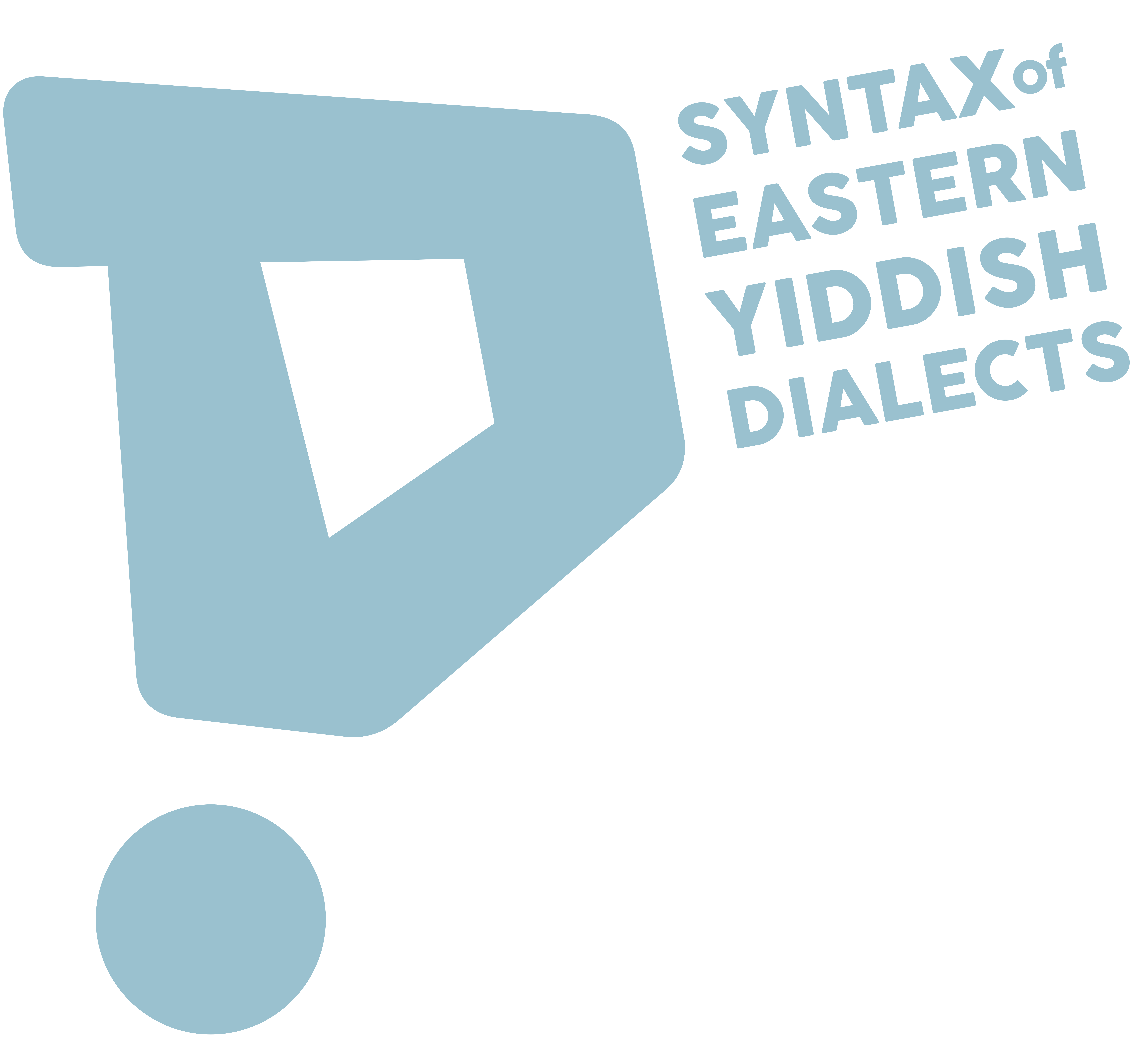
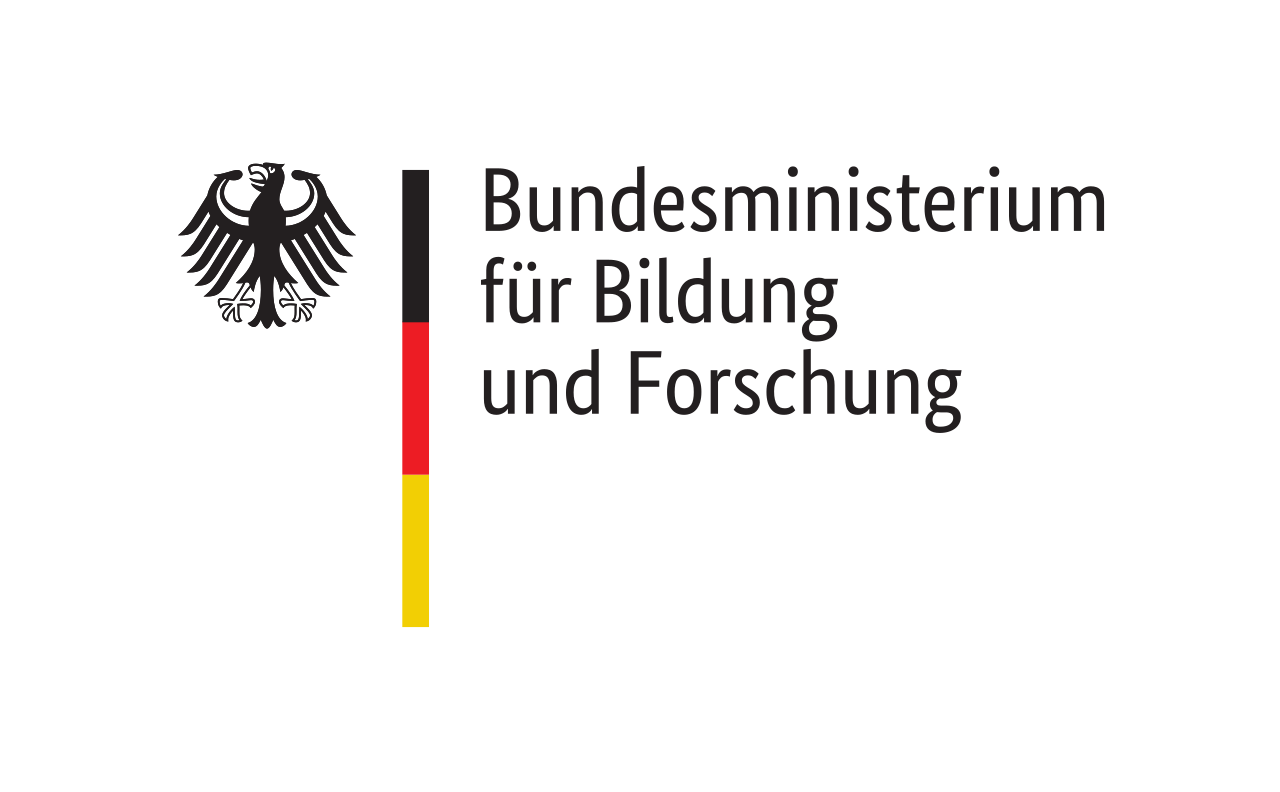
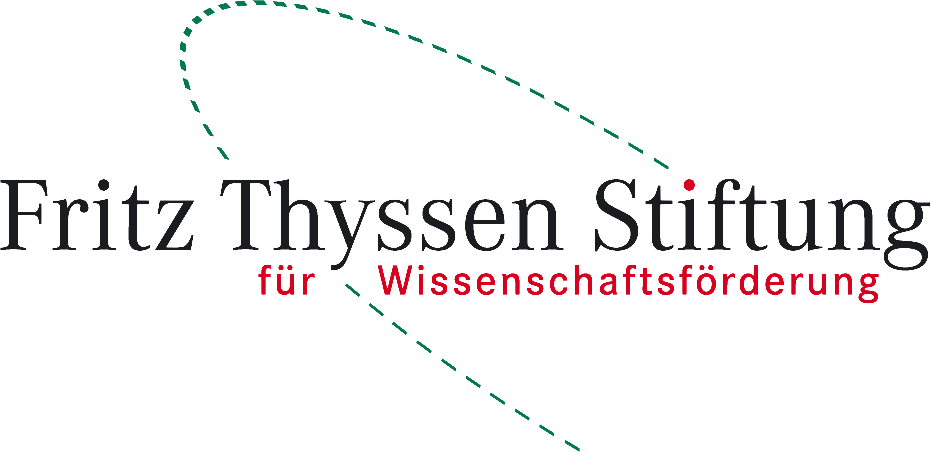
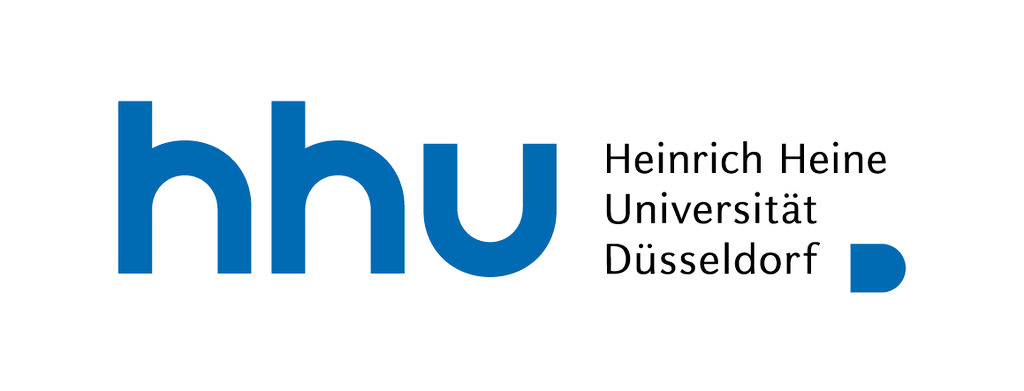
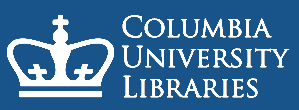
 (An example page from the LCAAJ-Questionnaire)
(An example page from the LCAAJ-Questionnaire)